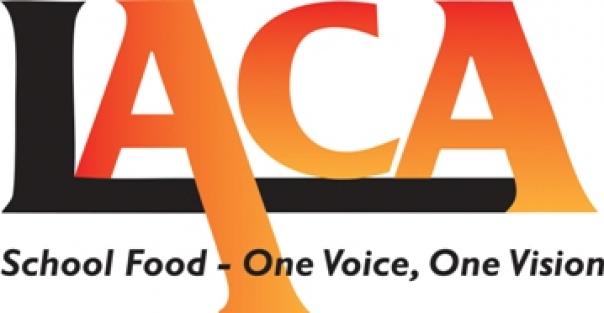LACA (Local Authority Caterers Association) responds to latest Which? survey of school meal prices

Following the publication on Monday (29 August 2011) of the latest survey from Which? into school meal prices, LACA (the Local Authority Caterers Association) which represents 80% of the caterers providing meals in state schools across Britain, gives its response below.
Commenting on the Which? findings, Sandra Russell, National Chairman of LACA says:
"While it appears that a small number of Local Authorities who responded to the Which? survey have said that their school meal prices will rise significantly from September, probably as a result of the loss of the School Lunch Grant ring-fencing coupled with the Local Government drive to make significant savings on services, overall the indications are, from LACA's perspective, that many are striving to hold their prices as much as possible".
"This can be borne out to a certain degree by the findings of the LACA/School Food Trust Annual School Meals Survey for 2010-2011, published in July. The average lunch price for the period was £1.88 in LA catered Primary Schools and £1.98 in LA catered Secondary Schools. This represented an average increase of only 5p per meal (2.7%) for Primary Schools and 4p (2.1%) for Secondary Schools compared with 2009-2010".
"Although there are growing pressures on Local Authorities in 2011 to make greater savings, feedback from LACA Members obtained in June 2011 as to whether prices might rise between the end of the summer term and the start of the new academic year in September, revealed that the majority were hoping to make only nominal increases, equating to just 5p or less on previous prices".
"LACA wholeheartedly agrees with Richard Lloyd on his point that we must find ways to protect the funding that has gone into school meals and increase the number of children taking them. Otherwise, LACA also warns that there is a big risk the good work put in by caterers over the last five years in implementing the Nutritional Standards and improving quality, will be undone".
"The reason why Local Authorities and Individual Schools are having to consider increasing school meal prices stems from a number of factors. Rising food prices is one and this is affecting everyone within society as a whole. Another is the impact of the loss of ring-fencing status of the School Lunch Grant which was removed in April of this year. Whilst the Grant is included in school budgets, it is aggregated and may not necessarily be used for catering services".
"LACA Members across the country have risen to the enormous challenges facing school catering over the past 5 years and going forward, we will all have to work hard to ensure that the School Lunch Grant gets channeled towards school meal provision and that catering does not slip off the radar of Head Teachers and School Governing Bodies. It is vital we continue to reinforce the importance of school meals to the development of young people and how it should form part of the whole school approach to their education - if we are nationally to tackle the obesity crisis and decrease NHS costs in the longer term"
"A further reason why price rises have had to be considered by Local Authorities is linked to the cost of delivering school meal services. This will vary, dependent upon a number of factors - including the number of pupils/students on individual school rolls, the urban or rural location of schools and demographic issues such as the number of free schools meals, etc. In some cases, delegated funding – including the School Lunch Grant - may not (together with income from paid meals) cover all the costs of individual school sites; as a result this could lead to price increases on a local or area/geographic basis. This will all be taken into consideration for the beginning of the school's academic year in order to be able to deliver the most cost effective and affordable level of service for both the children, young people and parents".
"The other major issue facing us is the potential 'fragmentation' of the school meals service. With Local Authorities looking for ways to cut expenditure and possibly considering the outsourcing of their services in the future, some school meals may well be supplied by organizations with limited school catering experience or by individual schools managing their own school catering for the first time. Without the significant buying power of the larger, centrally managed school meal provider organizations (both public and private sector) which enable economies of scale, it is likely that such decisions could have a negative effect on meal quality, the effective delivery of the Government's stringent Nutritional Standard regulations for school food and also school meal prices".
"It is important to reassure parents about caterers' commitment to keeping school meals as affordable as possible, for as long as possible. School meals continue to represent very good value for money, particularly when weighed against their nutritional and educational benefits for children and young people and when set against the 'hidden' cost and unhealthy content of many packed lunch boxes".
